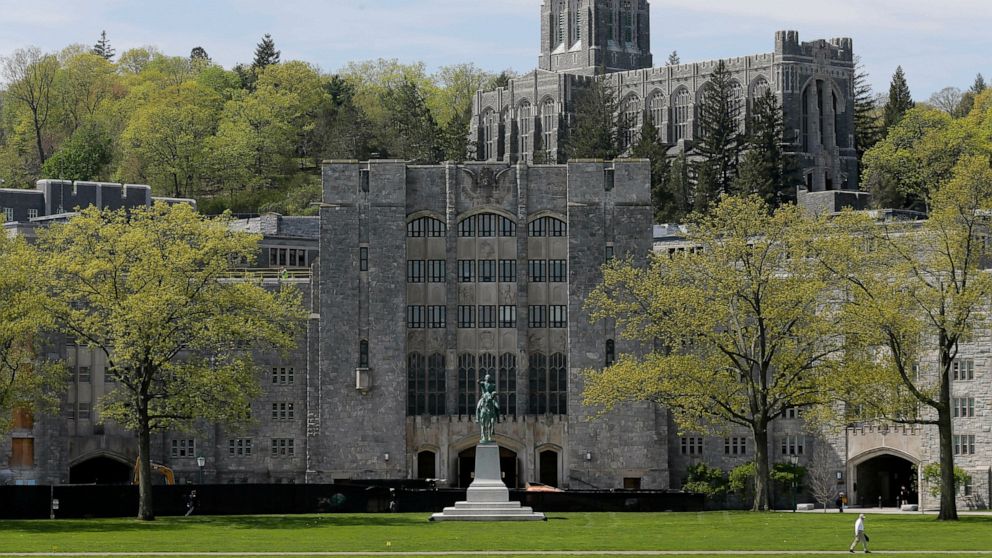I grew up with a single mom who raised me working as a housekeeper. It was sort of a lean upbringing when it came to finances and those types of things. My mom shielded me from a lot of the financial pressure she was under, but I was smart enough to realize that she wasn’t going to be able to help me pay for college and I knew that wouldn’t be something that I’d ask her to do.
I grew up just outside of Travis Air Force Base in California and so I had a lot of friends’ parents who were still in the military, and so I had this admiration for military service. I think there was also a strong influence from my mom. She really just enjoyed serving others and liked being helpful and I think I was sort of wired in a similar way. This idea of serving and helping others just sort of permeated how she and I viewed the world and saw things.
During my Junior year of high school, West Point and other schools started to do outreach and I got a letter from West Point – I actually kind of ignored it at first and then my mom said, hey, this is a really good school, you should think about it and I was like, alright, I’ll put it in the ‘good school’ pile. And then they sent a follow-up that they were going to be in Sacramento. And so I went to that presentation and then I remember on that drive back I had this feeling that West Point is the only place I want to go and serving in the military is something I really, really want to do. And that was sort of it.
It’s funny, I actually feel like the discipline aspect of West Point wasn’t really all that jarring. I remember watching this video from West Point – it was like a terrible early 90s production. I just sort of felt like I had seen enough and I knew that it wasn’t going to be fun and it was going to be kind of austere. So I feel like I was prepared for that. Oddly enough I think I wasn’t really well-prepared for the weather. I remember my first winter, the Hudson River froze over; like literally you could walk across it. But it was sort of this horrible metaphor for how oppressive this different environment could be. It’s depressing and isolating and you’re coming of age and figuring things out and West Point by design sort of overwhelms you with more than you can reasonably handle or do.
So it was tough and at times sort of grueling. But in hindsight it was so very necessary and valuable. There’s this melting pot aspect there, people coming together from every socioeconomic rung and background. There’s this need to really understand, appreciate, and see the best in what people bring because their situation in life is not a reflection of their value or worth, it’s intrinsic to who they are. I was exposed to ideas that were counter to what I personally believed and it felt like an intellectually demanding and honest place.
I got to West Point during a time of relative peace, and it was during my Junior year that the 9/11 attacks happened. I remember after 9/11 there was a real sense of fear, like literally the day of. It was still unclear how many aircrafts were in the air and how this attack was unfolding – is more of our country in danger? And you start to very quickly realize that it’s your job to be a part of whatever that response is. So I think even in the most immediate sense you literally wanted to go to Ground Zero and help. I remember George W. Bush’s speech – I believe it was later that night where he addressed the country and there was a line that he essentially says, American military: you’re on notice. And I remember watching that and realizing, ‘wow everything is very real and everything is about to get very serious.’ But we didn’t know how yet.


